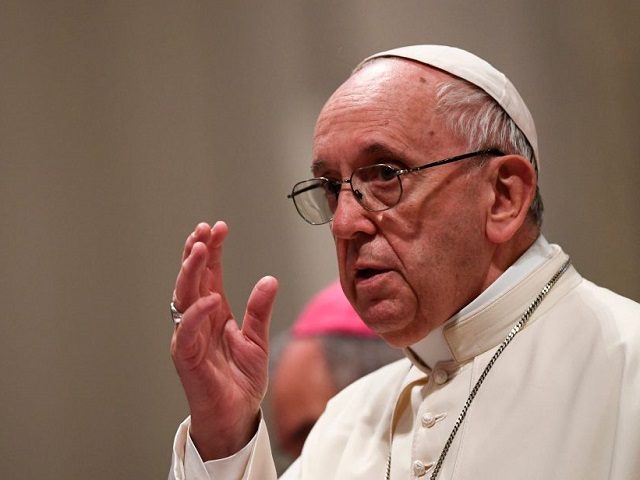Pope Francis told a Buddhist delegation from Thailand Wednesday that his desire was for Buddhists and Catholics to grow ever closer to each other.
“It is my heartfelt wish that Buddhists and Catholics will grow increasingly closer,” Francis said, “advance in knowledge of one another and in esteem for their respective spiritual traditions, and offer the world a witness to the values of justice, peace, and the defense of human dignity.”
In 1994, Saint John Paul II offered an extensive reflection on the relationship between Christianity and Buddhism in his book-length interview Crossing the Threshold of Hope.
John Paul recalled the ancient conviction, long rooted in the Christian tradition, “of the existence of the so-called semina Verbi (seeds of the Word), present in all religions.
“In the light of this conviction, the Church seeks to identify the semina Verbi present in the great traditions of the Far East, in order to trace a common path against the backdrop of the needs of the contemporary world,” he said.
While underscoring the importance of Buddhism, the pope was quick to remark on its radical difference from Christianity.
John Paul said that “it is necessary to pay special attention to Buddhism, which from a certain point of view, like Christianity, is a religion of salvation. Nevertheless, it needs to be said right away that the doctrines of salvation in Buddhism and Christianity are opposed.”
Unlike Christianity, he said, “Buddhism is in large measure an ‘atheistic’ system. We do not free ourselves from evil through the good which comes from God; we liberate ourselves only through detachment from the world, which is bad. The fullness of such a detachment is not union with God, but what is called nirvana, a state of perfect indifference with regard to the world.”
Whereas Buddhism has a fundamentally negative view of the world, Christianity begins with the conviction that all of creation is good, he said.
For Christianity, he said, “it does not make sense to speak of the world as a ‘radical’ evil, since at the beginning of the world we find God the Creator who loves His creation, a God who ‘gave his only Son, so that everyone who believes in him might not perish but might have eternal life.’”
Therefore, Christian mysticism “builds up civilization, particularly ‘Western civilization,’ which is marked by a positive approach to the world, and which developed thanks to the achievements of science and technology, two branches of knowledge rooted both in the ancient Greek philosophical tradition and in Judeo-Christian Revelation,” he said.
Follow Thomas D. Williams on Twitter Follow @tdwilliams

COMMENTS
Please let us know if you're having issues with commenting.